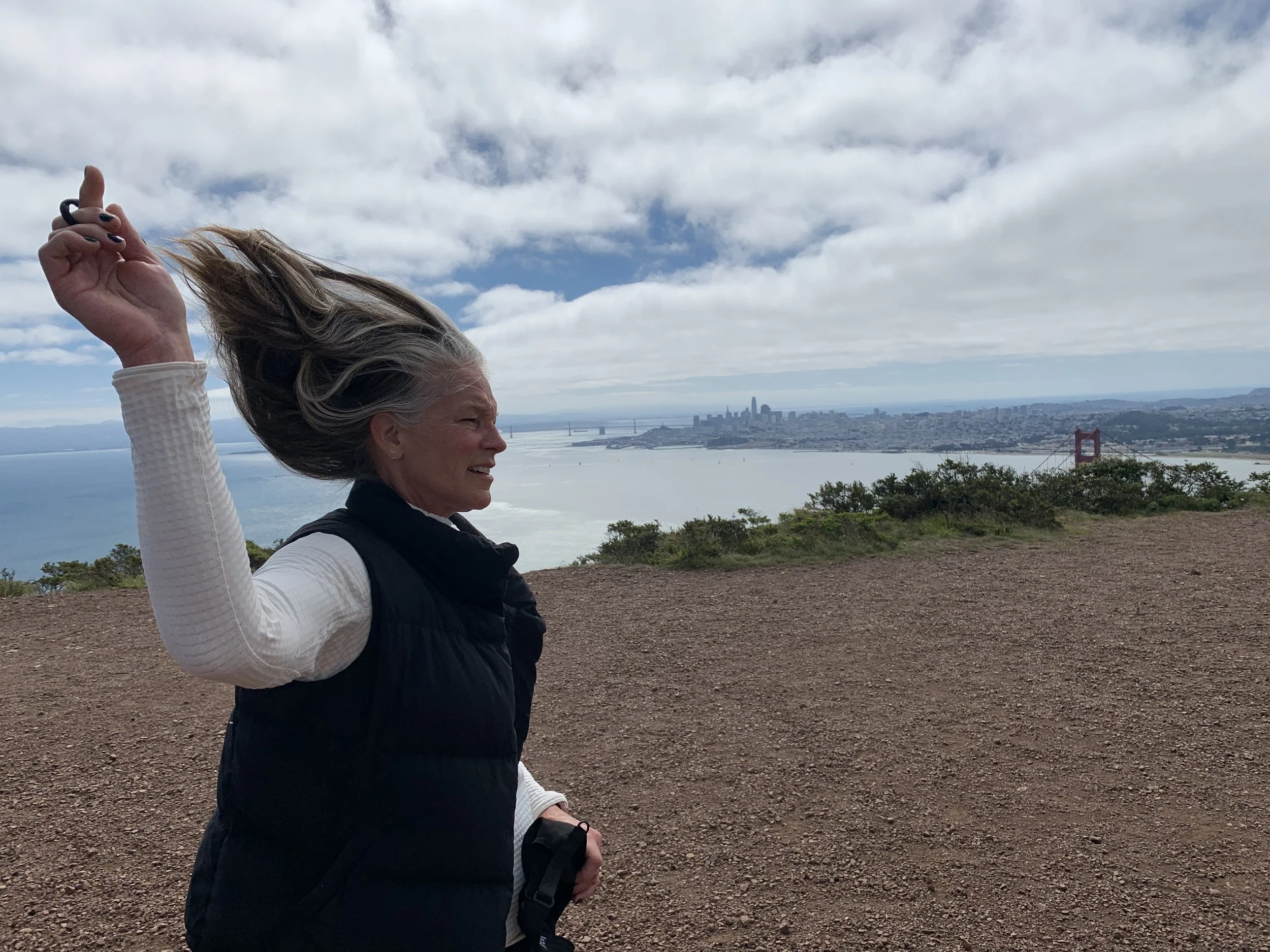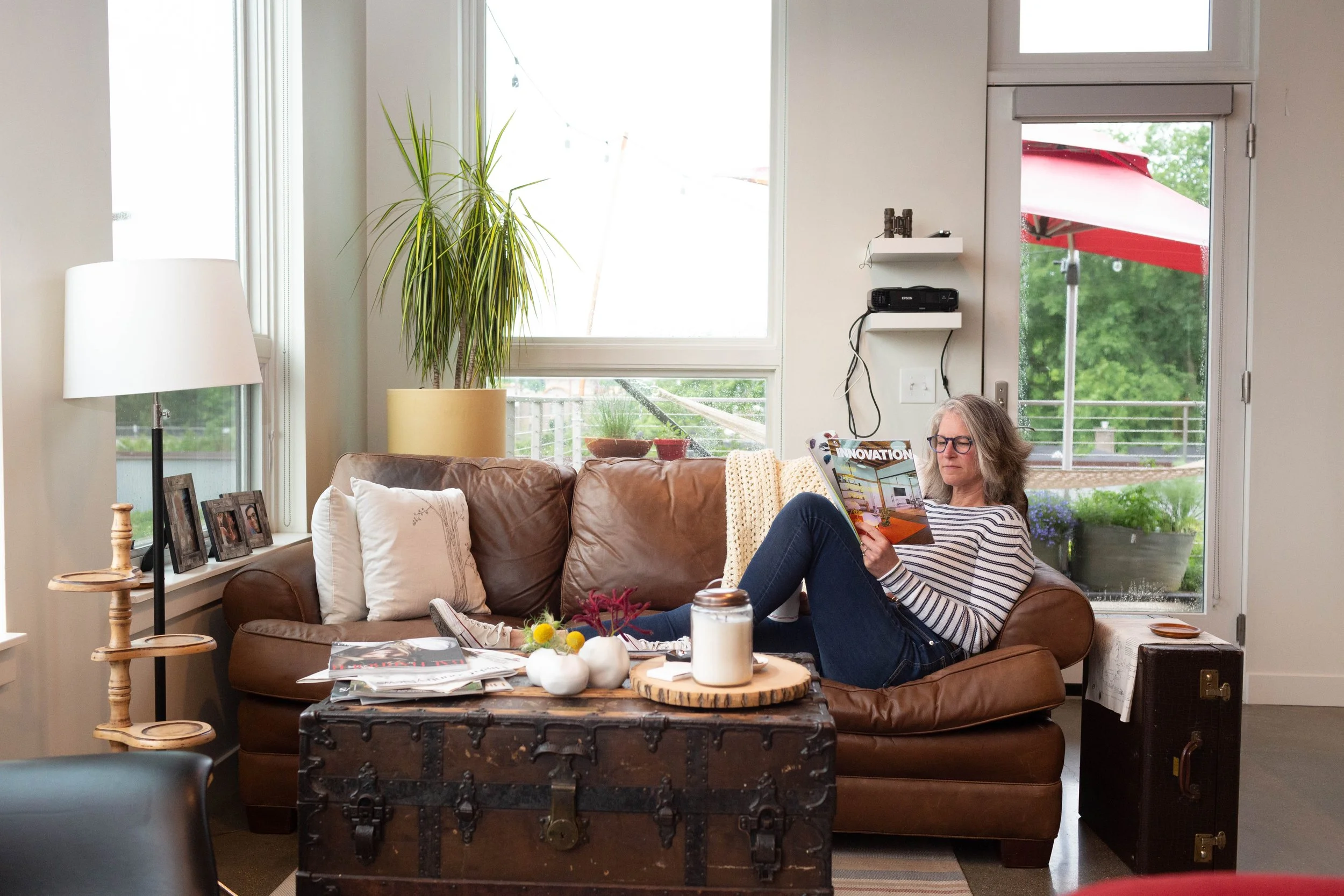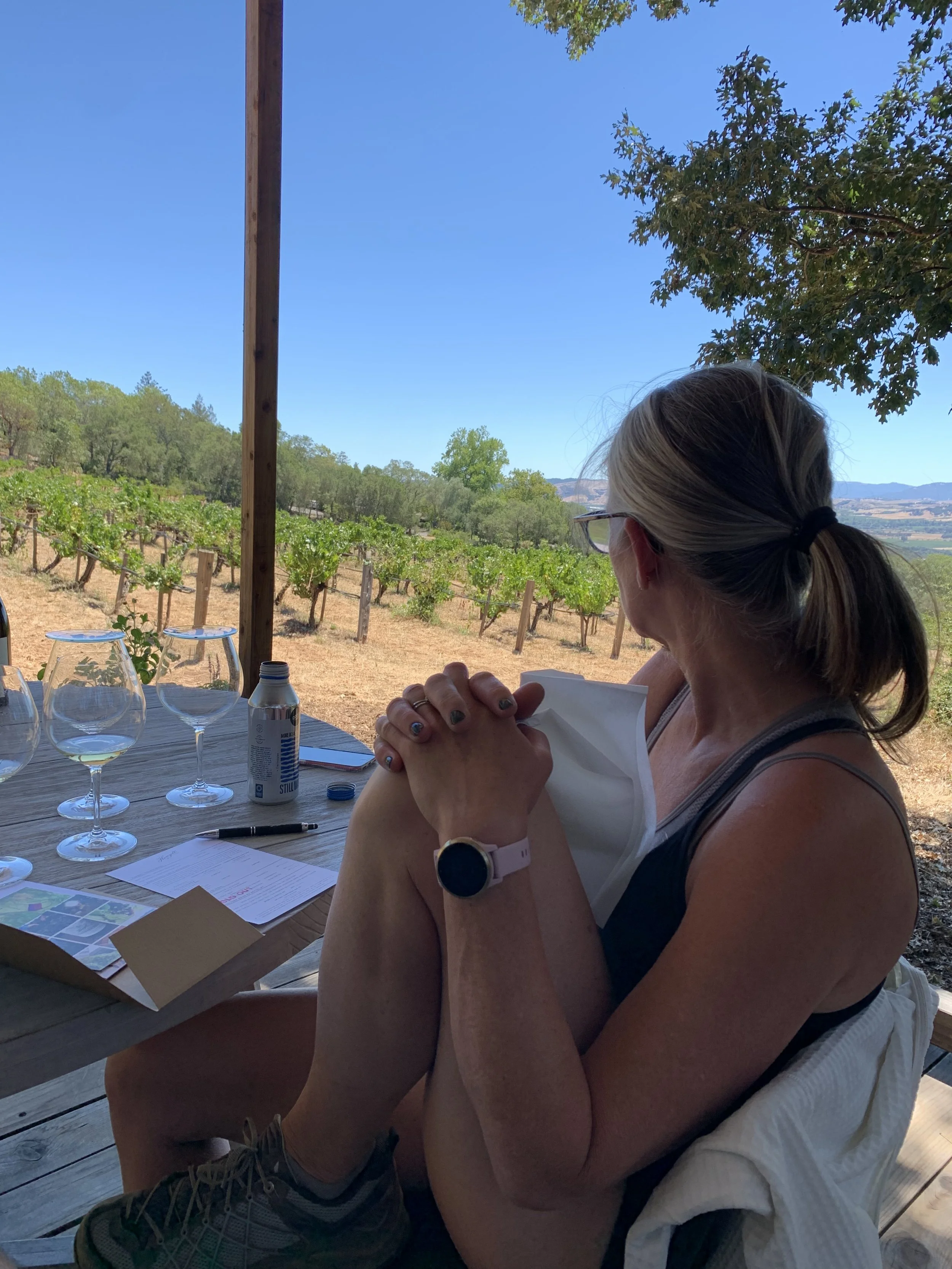On the road again: six beds in seven nights.
This has been a whirlwind of a week. Travel and remote work have led me through six makeshift offices and six different beds in the span of seven days. As a result, my usual routines took a temporary hiatus – a delay even in delivering this week's newsletter.
From preparing for sleep to picking what and where to eat, patterns make life smoother. Biased patterns are like shortcuts ingrained in you and I over time. They're a way for us to economize energy, enabling us to breeze through decisions without having to meticulously think through every step.
Interestingly, "bias" isn't just a negative term; it's an inclination towards a particular way of thinking or acting. It's our inherent efficiency that leads us to establish routines, processes, and pathways in our lives. We carefully arrange our surroundings – both physical and digital – to align with our beliefs and values, creating what psychologists term as "meaning making." But stepping out of this environment can sometimes leave us feeling less productive, efficient, or well-rested. It's a loss we often grapple with.
A creative, explorative mindset fuels understanding, interpretation, and heightened awareness of meaning-making. It shifts focus from loss to resilience, making us better equipped to handle change. So, in the face of a new challenge, consider these two questions:
1. What simple, minor change can I introduce to one of my surroundings? A process to infuse more meaning? An object to enhance productivity?
2. What is the smallest, simplest action I can take to progress towards one daily practice? Perhaps, five additional or less minutes to advance a habit?






